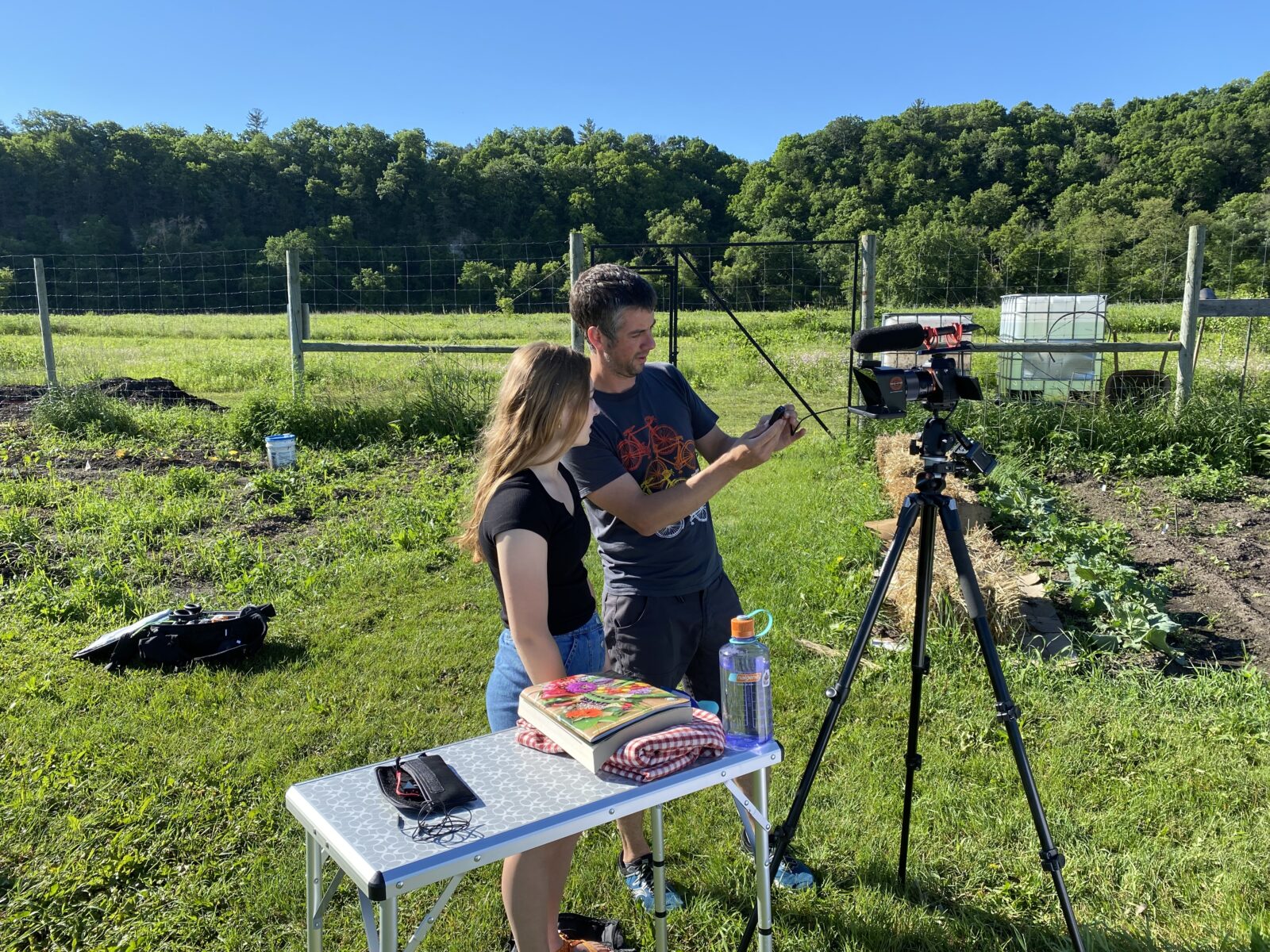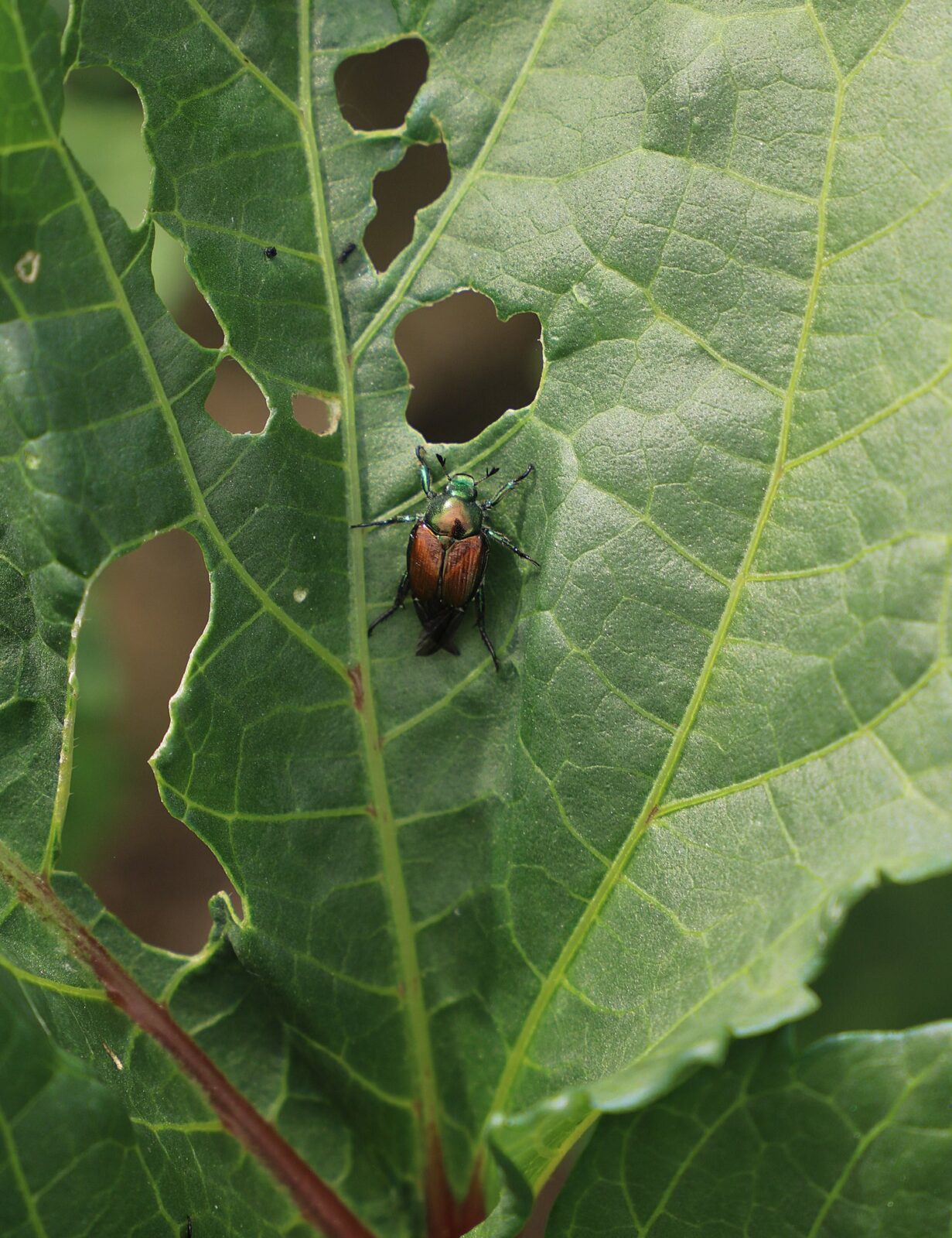
Growing Guide: Garlic
This culinary staple is rarely propagated from seeds. Instead a few aromatic bulbs of garlic are saved from the harvest and replanted year after year.
Read More
This culinary staple is rarely propagated from seeds. Instead a few aromatic bulbs of garlic are saved from the harvest and replanted year after year.
Read More
Eggplant can be a beautiful addition to your garden. Eggplant enjoy a long growing season, but you can extend your season by starting plants indoors.
Read More
Although cowpea is a well known garden plant in the South, this crop deserves more attention across the country. Its long, slender pods are filled with a prolific number of seeds.
Read More
Cucumbers grow well in many regions of the United States, producing prolific quantities of fruit that can be enjoyed fresh or preserved as pickles.
Read More
While collard greens have traditionally been enjoyed in the American South, this hearty Brassica oleracea plant grows well in many regions around the United States.
Read More
When planting carrots, be aware that they can be finicky in the early part of the season. Carrots are biennials, producing seed after two years of growth, but the reward is well worth the effort.
Read More
This versatile crop originated in South America centuries ago and today ranks as the most popular vegetable in the United States. Cool-season vegetables, potatoes come in a great range of shapes, sizes, colors, and textures and are grown from small tubers known as “seed potatoes”.
Read More
Arugula grows well in the spring and fall but tends to bolt in hot weather. Its prolific flowers attract many pollinators before plants go to seed. Gardeners enjoy this cool-weather crop for its nutty and peppery bite.
Read More
This summer I had the wonderful opportunity to create community, strengthen my gardening abilities, grow connections with knowledgeable individuals—and share what I have learned in the process of it all—here at Seed Savers Exchange in Decorah, Iowa.
Read More
Discover 10 natural ways to manage garden pests without pesticides! From cultivating healthy soil and selecting the right plants to attracting beneficial insects and using companion planting, these eco-friendly strategies will help you protect your garden and keep it thriving. Say goodbye to harmful chemicals and hello to a healthy, pest-free garden!
Read More